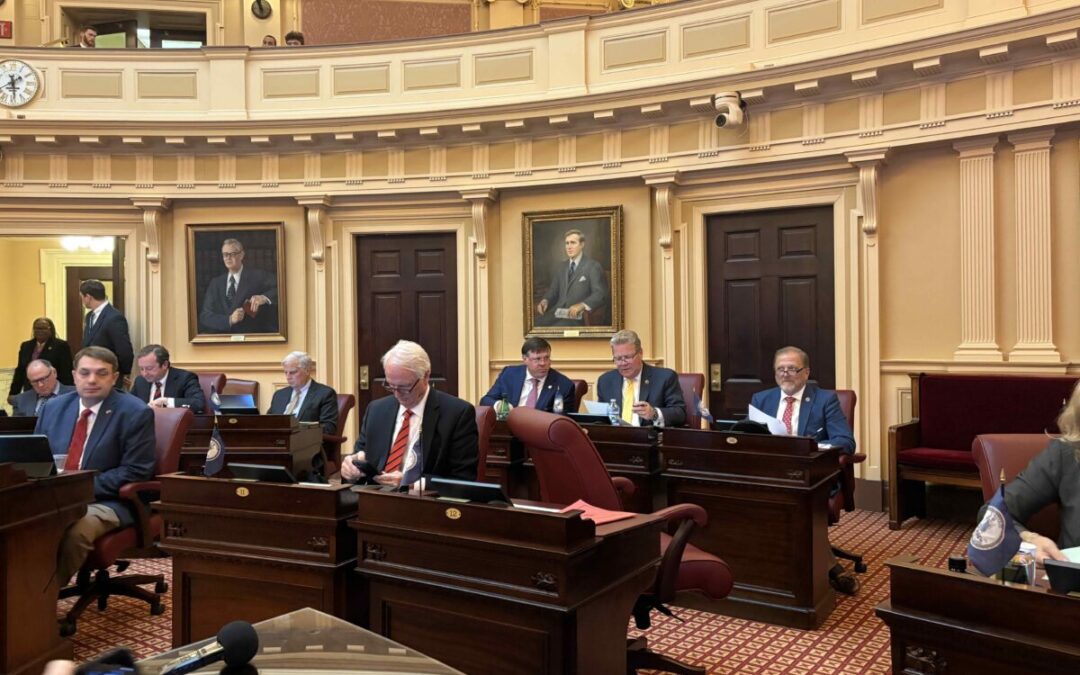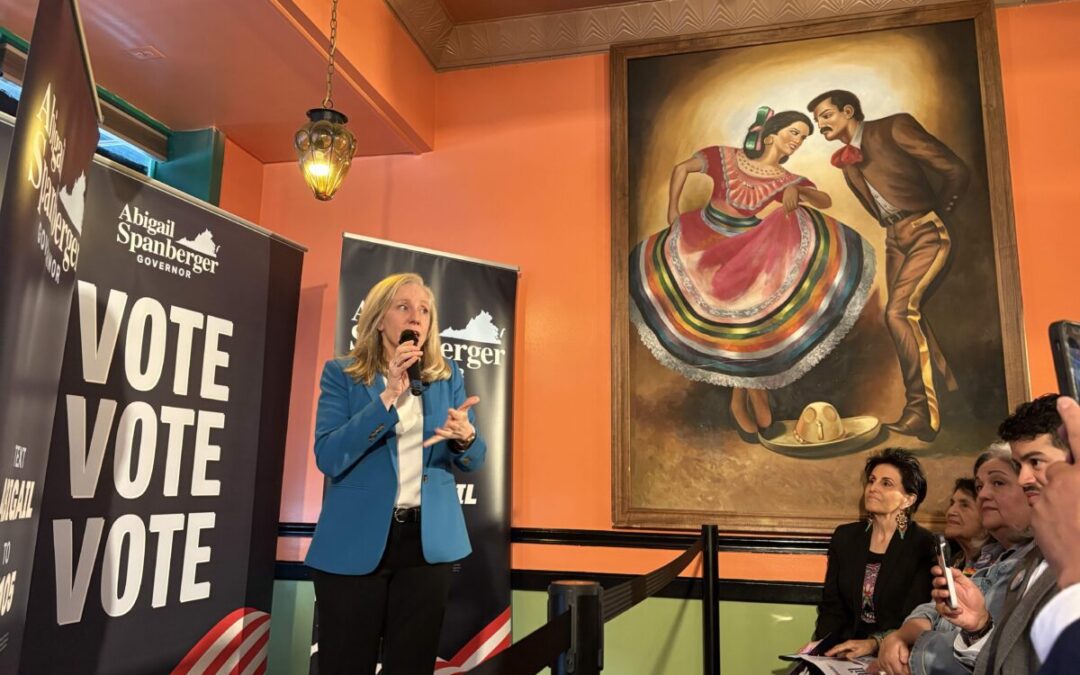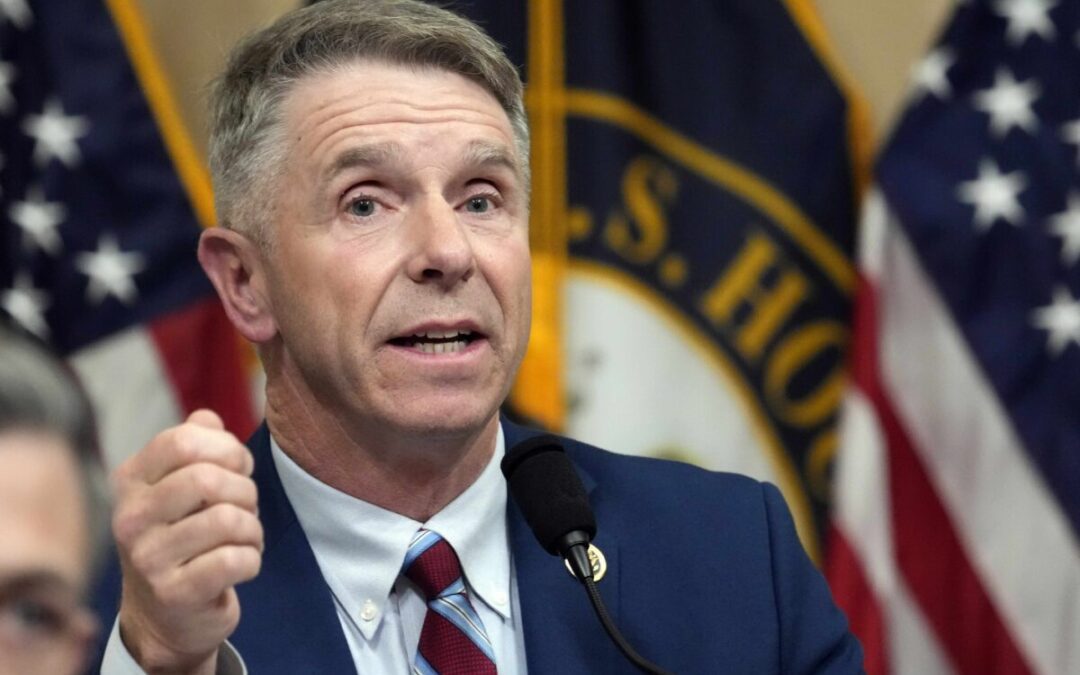
FILE - A hiring sign is displayed in Riverwoods, Ill., Tuesday, April 16, 2024. The Biden administration has finalized a new rule set to make millions of more salaried workers eligible for overtime pay in the U.S. The move marks the largest expansion in federal overtime eligibility seen in decades. (AP Photo/Nam Y. Huh, File)
The Biden administration announced a new rule Tuesday to expand overtime pay for around 4 million lower-paid salaried employees nationwide. The regulation will increase salary thresholds required to make workers exempt from overtime pay laws.
In other words, salaried employees who work more than 40 hours per week and make under a certain amount annually—at a higher threshold than before—will be required to receive overtime pay from their employers. The new rule does not change standards for hourly employees, who are already protected by overtime regulations.
The present annual threshold for salaried employees’ overtime pay is around $35,500, set by the Trump administration in 2019. Beginning on July 1, 2024, that cutoff will increase to $43,888. It will further increase to $58,656 on Jan. 1, 2025.
The July increase raises the salary threshold based on methodology used in the 2019 update, while the January increase will apply new methodology included under today’s ruling. The new system also promises to update thresholds every three years with the application of current wage data.
Acting US Department of Labor (DOL) Secretary Julie Su said the new rule helps protect salaried workers on the lower end of the pay scale and ensures employees can spend more time with their families without worrying about unequal compensation.
“This rule will restore the promise to workers that if you work more than 40 hours in a week, you should be paid more for that time,” she said in a statement. “Too often, lower-paid salaried workers are doing the same job as their hourly counterparts but are spending more time away from their families for no additional pay. That is unacceptable.”
The DOL first considered updating its mandatory overtime pay rule for salaried workers in 2023, turning to unions, employers, and stakeholders to gather opinions and perspectives ahead of solidifying the new regulation. A DOL press release says the updated rule “defines and delimits who is a bona fide executive, administrative and professional employee exempt from the Fair Labor Standards Act’s overtime protections.”
While Democrats and DOL representatives laud the update as a win for lower-income salaried workers, the rule is likely to face legal challenges—just as a similar Obama era update did.

Virginia union leader explains the boycott of Amazon, Home Depot, and Target
The five-day “We Ain’t Buying It” holiday boycott of some of America’s biggest retailers is about making sure that corporations pay their fair share...

Virginia can raise billions with new taxes on millionaires, report finds
The income of a public school teacher in Virginia is currently taxed at the same rate as the income of millionaire business executives. A new report...

Spanberger rallies Latino voters in Alexandria amid growing distrust of government, deportation fears
The impacts of the Trump administration’s mass deportation program mean fewer Latinos are showing up to their jobs while those who do risk being...

Virginia families face increased hunger risk from government shutdown
Over 850,000 Virginians risk losing access to SNAP federal food assistance because of the government shutdown. Ariele Robinson works two retail jobs...

Virginia’s economy slowing amid Trump-fueled uncertainty
The Trump administration’s mass federal layoffs are hurting Virginia’s economic growth. Ricardo Ortiz lost his job last week as bar manager for the...

Report: Virginia Republican to get big tax cut from bill he helped pass
US Rep. Rob Wittman disputes the report’s claim that he will “see direct personal benefits” from President Trump’s “Big Beautiful Bill.” A new...





